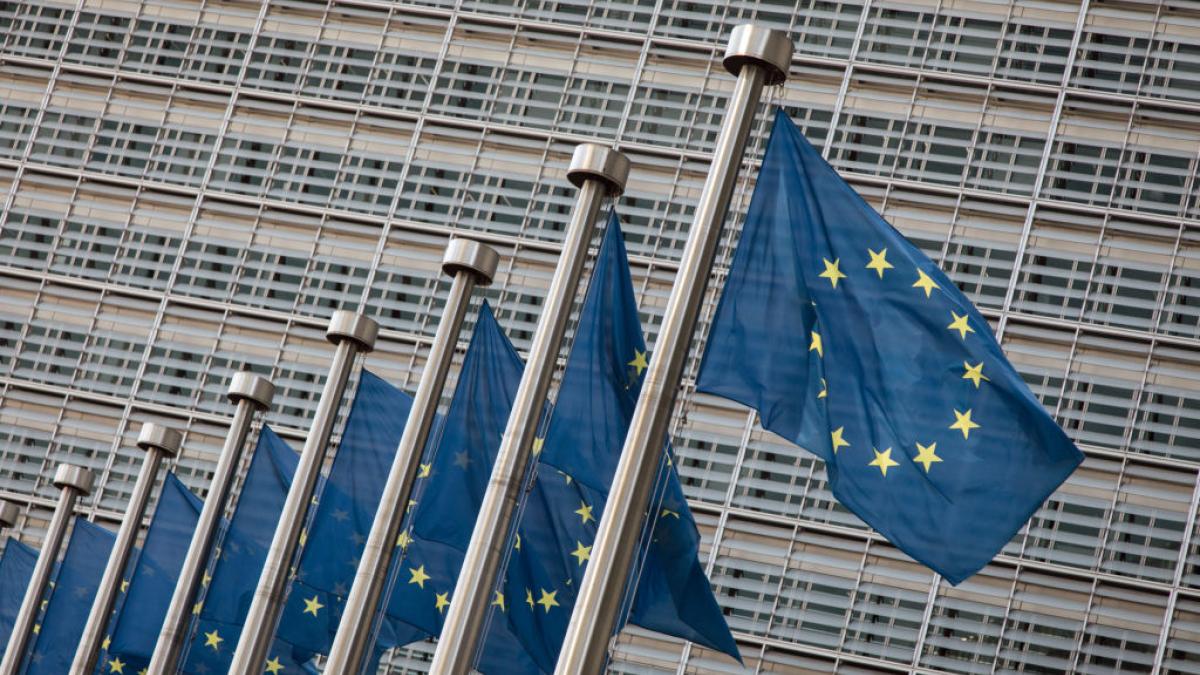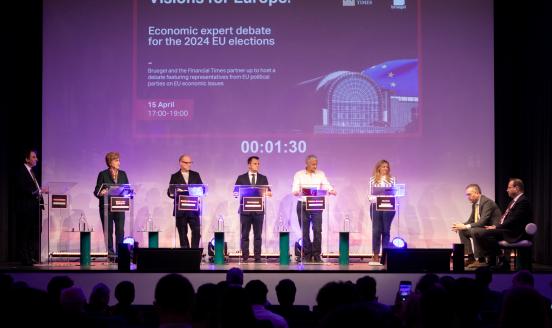Enlarging and deepening: giving substance to the European Political Community
The EPC would not be, and should not be, regarded as a substitute for EU accession, but should be designed to work as an accelerator.

Executive summary
France’s President Emmanuel Macron and Germany’s Chancellor Olaf Scholz have stressed the geopolitical emergency of re-designing the European Union’s relationship with its neighbourhood. Both acknowledge that EU enlargement is necessary, but also emphasise that profound EU institutional reform is required beforehand, though deepening and widening the EU are complex processes that veto players could block.
The geopolitical challenges mean it is in the critical interest of the EU to bring stability to its neighbourhood by ensuring geopolitical alignment with the EU, limiting the blackmailing power of external, authoritarian states, supporting more resilient democracies and strengthening the rule of law. Meanwhile, the EU’s neighbours are seeking a political space in which challenges to collective security and stability can be addressed and concrete policies decided. Given the urgency, it is not enough to rely on lengthy EU accession processes.
A ‘European Political Community’ (EPC), which will have its first summit on 6 October 2022, could act both as a bridge to an eventual larger EU and as a framework for continental-scale partnership. Leaders should use the summit to start the building of a platform that can combine political dialogue with policy delivery in a quick and flexible way, and will thus structure more impactfully the relationship between the EU and its neighbourhood.
The EPC could start as a soft law agreement between states and the EU. It would work with existing institutions as far as possible, while aiming at more effective decision-making than currently in the EU. For instance it could function without vetoes and could work in geopolitically relevant areas that are not yet EU competences. An ambitious EPC would provide financial resources for deeper cooperation on energy and climate, security and defence, and economic and social convergence.
The EPC would not be, and should not be, regarded as a substitute for EU accession, but should be designed in such a way that it can work as an accelerator. For countries not seeking to join the EU, it would provide an ongoing framework that sustains structured cooperation with the EU.
This is a joint publication with the German Council on Foreign Relations and Le Grand Continent.
The authors thank Goran Buldioski, Vladyslav Galushko, Manuel Lafont-Rapnouil, Remzi Lani, Claudia Major, Christian Mölling, André Sapir, Oleksandr Sushko, Guntram Wolff, Jeromin Zettelmeyer and all others who took the time to discuss with us and to give feedback on an earlier version of this text.



